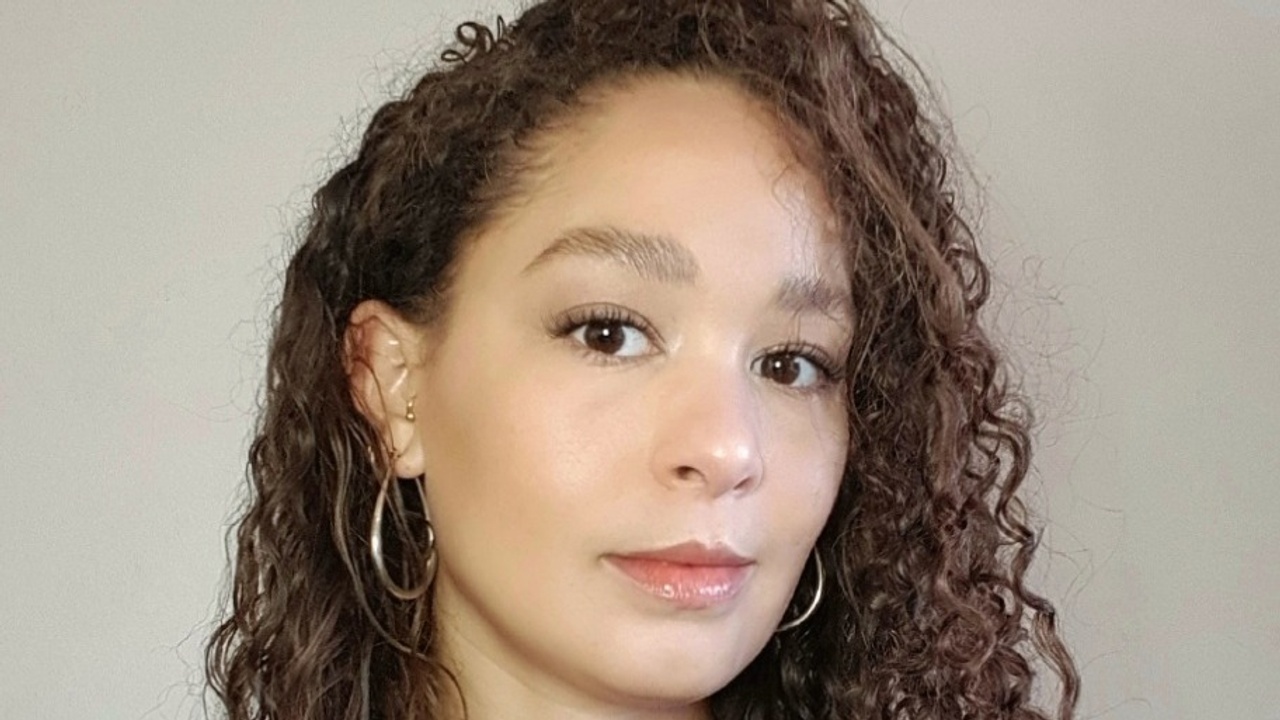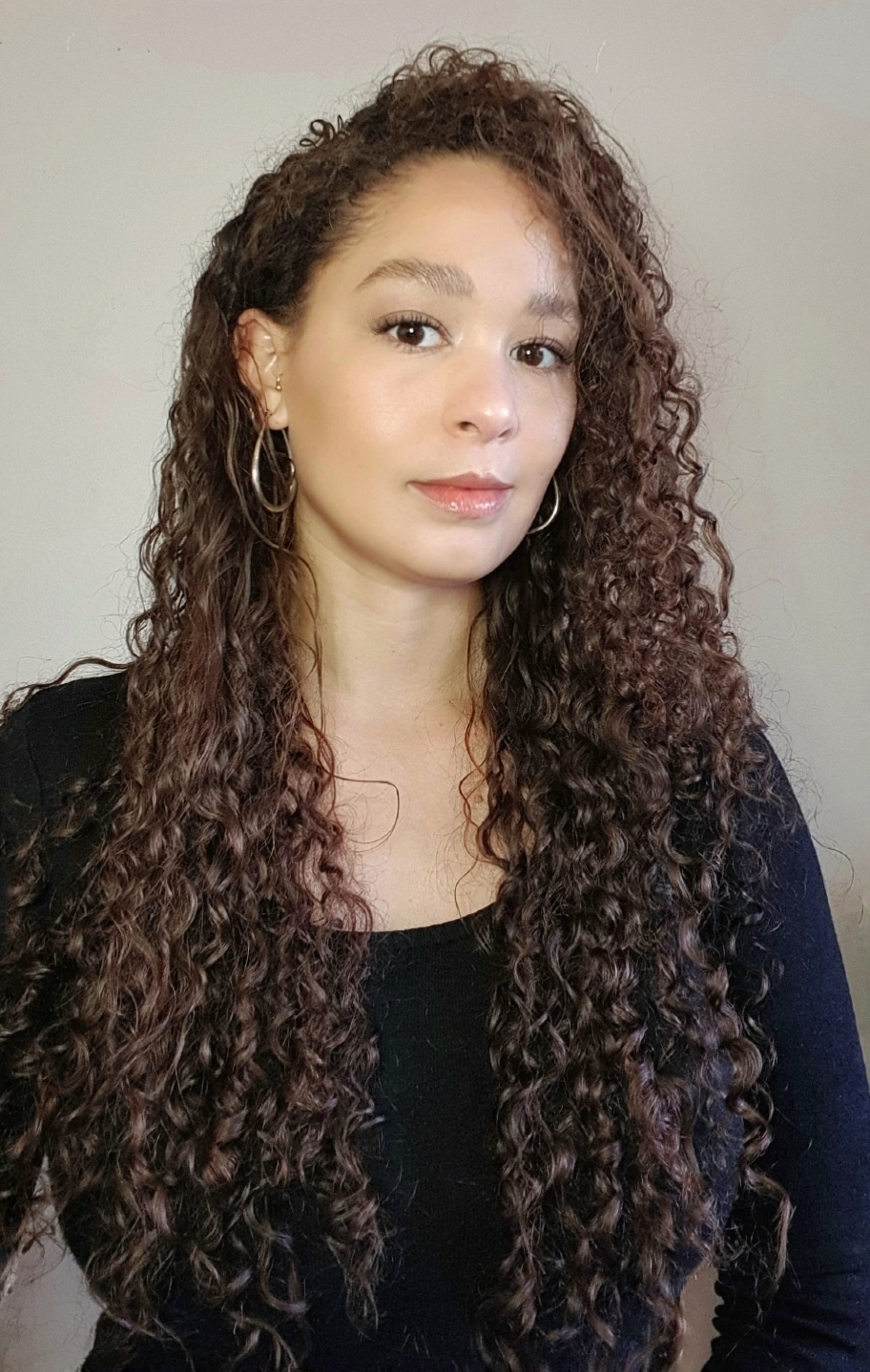#108 Part 2 of Candid Conversation with Jessica Birch
May 21, 2022

I had to learn to be ok with needing and asking for help because I thought I was a failure if I couldn’t do it on my own.
In Part 2 we cover:
- interdependence, impulsivity, emotional regulation, and expectations
- struggles to be taken seriously as an advocate and receive accommodations
- importance of a diagnosis and consequences of not getting one
The way I look and speak undermines the experience I am having. People don’t want to give it to me (the accommodations). I am not FASD enough. I am not worthy of the support. And it even gets reinforced by clinicians. Even people in the know are making assumptions based on the fact that I wear nice clothes, that I’ve slicked back my hair. (They don’t know) the effort that’s involved and the amount of support I do have. Instead of me speaking to someone about FASD and saying what the issues are for me and acknowledging me and saying, oh my god, you must be working really hard (because I am) they are well, it’s just not that bad.
I want to thank Jessica for her honesty and openness in sharing her story. Not only for individuals with FASD, who need to hear these experiences but for professionals who need to understand the disability and parents/caregivers. I hope that by listening to this episode, your learning curve will be lessened, you can build deeper relationships with your kids and see a hopeful future. But more importantly, understand that FASD doesn’t define a person.
With individuals like Jessica speaking up, and those who support and advocate alongside us, we are raising the voices and awareness. Change is coming.
Show Notes:
Follow Jessica on Twitter: @jbtalkfasd
Part 1: Candid Talk with Jessica Birch: Advocate and Adult with FASD
A blog post by Jessica: Facing disability: For the first time I have been given the tools to survive
Check out our Facebook Page: FASD Caregiver Success
Join our Facebook Group: FASD Caregiver Success Group
Follow me on Twitter: @JeffjNoble
Support the Show: Buy Me A Coffee

